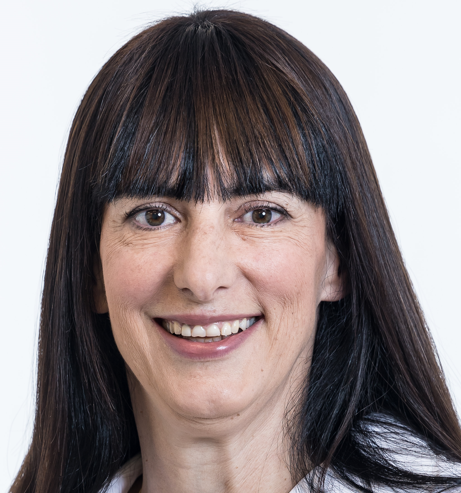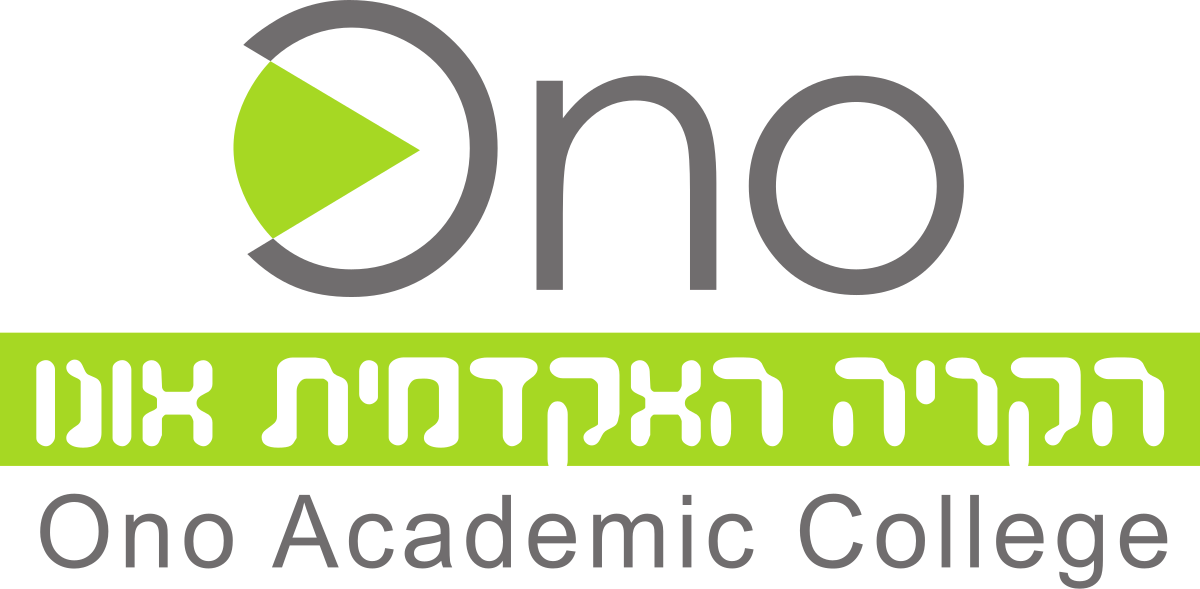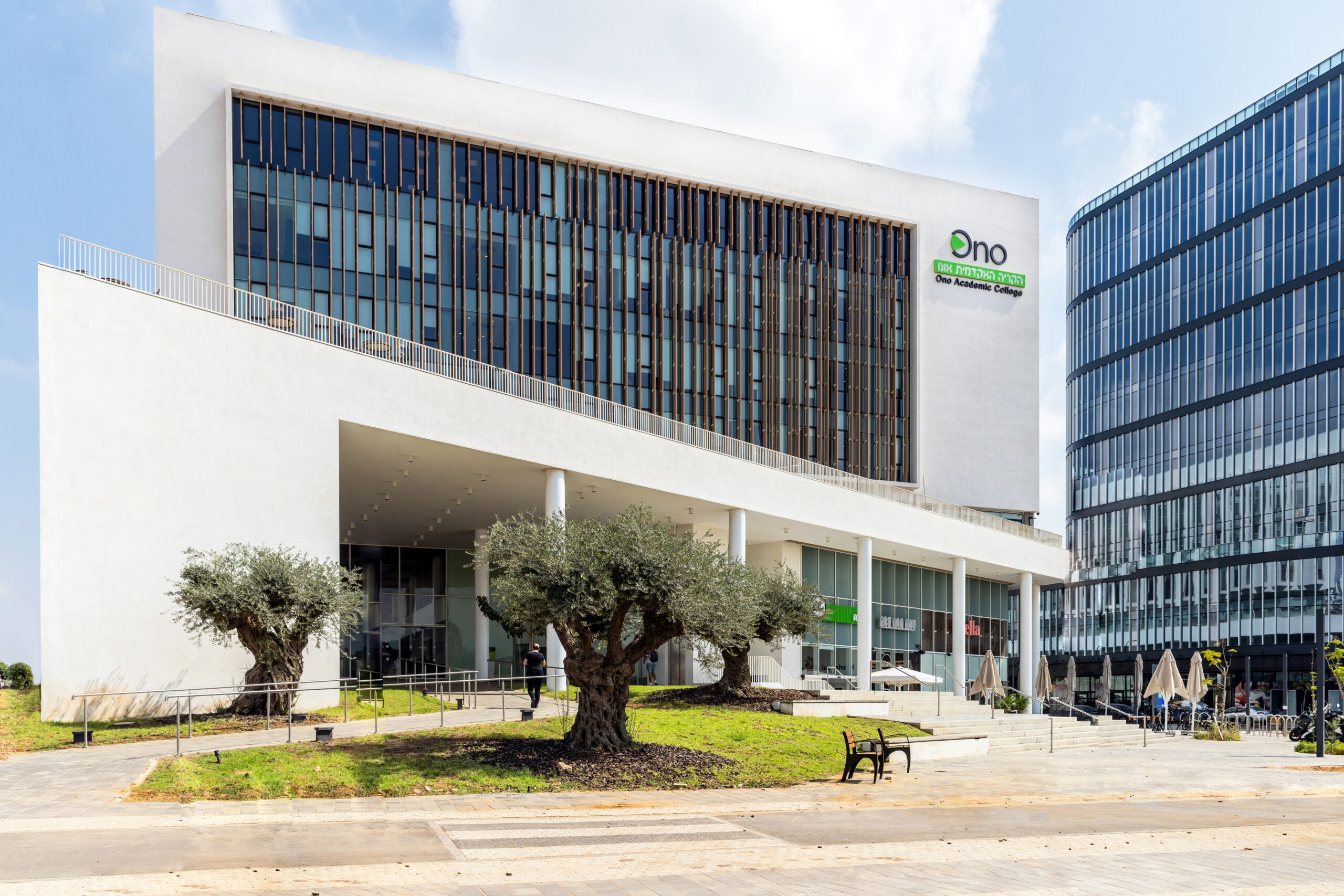Completed both her bachelor’s and master’s degrees in Communication Disorders at Tel Aviv University and holds a Ph.D. in Communication Disorders from CUNY, New York. She is a lecturer on the faculty of the Department of Communication Disorders at Ono Academic College. Her research areas focus on language development in children with hearing impairments, particularly those with cochlear implants.
She worked for several years as a speech-language pathologist in the field of audiology at Sheba Medical Center, Tel HaShomer. She also served as a speech-language pathologist in the Ministry of Education, working with children with hearing impairments in the MICHAL framework, as well as with children with language disabilities, and as a coordinator of the MATI Center in Rosh HaAyin.
Courses Taught:
Innovations and Advanced Topics in Audiology: Objective: To enable students to integrate research on selected topics in audiology with an understanding of hearing system impairments.
Scientific Writing Course: Objective: To familiarize students with the characteristics and rules of scientific writing. The course covers the writing process from identifying a research topic, formulating a research question, to discussing the characteristics of writing and content for the theoretical background, methodology, results, discussion, and references.
Introduction to Health Professions Course: Objectives: To provide an initial introduction to the fields of health professions—diagnosis, treatment, and clinical research; to explore interdisciplinary perspectives and their contributions to clinical and research fields; and to review principles and guidelines for multidisciplinary and interdisciplinary work among professionals from various health, education, and welfare fields, such as occupational therapists, speech-language pathologists, physical therapists, social workers, psychologists, educators, and trainers. The course will cover foundational concepts and guidelines in occupational therapy, speech-language pathology, and physical therapy, demonstrated through various topics such as hearing, language, and speech disorders, dealing with movement, posture, and sensory difficulties, and developmental and acquired psychomotor skills in children and adults, along with characteristics of human occupation. Emphasis will be placed on the commonalities among health professions on one hand and the uniqueness of each field on the other. The ability to function as part of a broad multidisciplinary team is now a fundamental requirement in most health, education, and welfare settings. Mutual acquaintance serves as a foundation for productive and effective interdisciplinary work.
Scientific Research Management Course: Objective: Students will practice formulating a research question and designing a research plan aimed at addressing the research question. They will provide background for the research question, implement the research design, analyze results, process them, and discuss findings.
Hearing Impairment—Theoretical and Clinical Aspects Course: Objective: To provide theoretical and clinical knowledge related to speech perception, production processes, language, and cognition in children and adults with hearing impairments who use hearing aids and/or cochlear implants. The course is divided into three units: the first unit focuses on speech production processes, the second unit on speech perception processes, and the third unit on the language and cognition of the hearing-impaired population.
Audiology Practicum Year 1: Objectives: During this course, students will experience the process and performance of hearing tests using both computer software and practice with audiometers.
- Computer Software: Students will practice the testing process, marking on audiograms, BC and AC tests, masking considerations, masking calculations, speech tests, Weber tests, and audiogram descriptions.
- Audiometers: Students will practice with a partner on hearing tests, communicating with the subject, placing headphones, operating various audiometers, filling out anamnestic details on audiograms, marking, masking considerations, masking calculations, speech tests, and Weber tests.
Analysis of Scientific Articles and Database Searches: Objective: To familiarize students with the types of articles and their structure.




